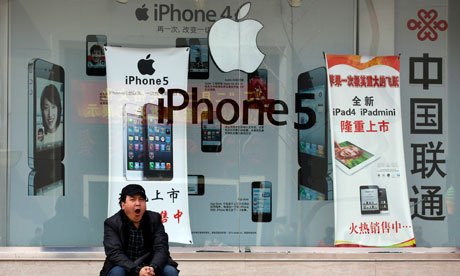Response: WestJet Explores Unknown Territory
Since it was founded, WestJet offered domestic flights at discounted prices. It was able to do so following its low-cost model by having only one model of plane with an all-economy class configuration to under-utilized airports, reducing its maintenance costs. In a recent Maclean’s blog, Chris Sorenson discusses Westjet’s plan to offer intercontinental flights from several Canadian cities to Dublin.

The success of WestJet can arguably be due to its low-cost model. By having only one type of plane and flying only domestic flight, WestJet was able to keep its costs low, therefore maximizing its profit. It’s decision to incorporate intercontinental flights to its value proposition is, in my opinion, a big mistake. WestJet’s current fleet of 737s is also questionable on whether or not it is able to act as a contender in these flights. Presently, these planes have a relatively low maximum capacity and small fuel tank. According to Porter’s generic strategies, a company should only have one strategy and should not try to move into a different one. Since WestJet is operating on a low-cost model, if it chooses it differentiate, it will face many challenges, most importantly rising cost levels.









